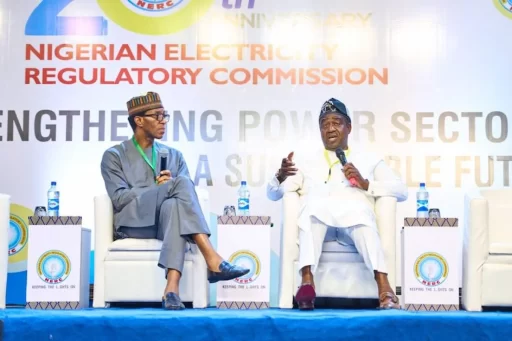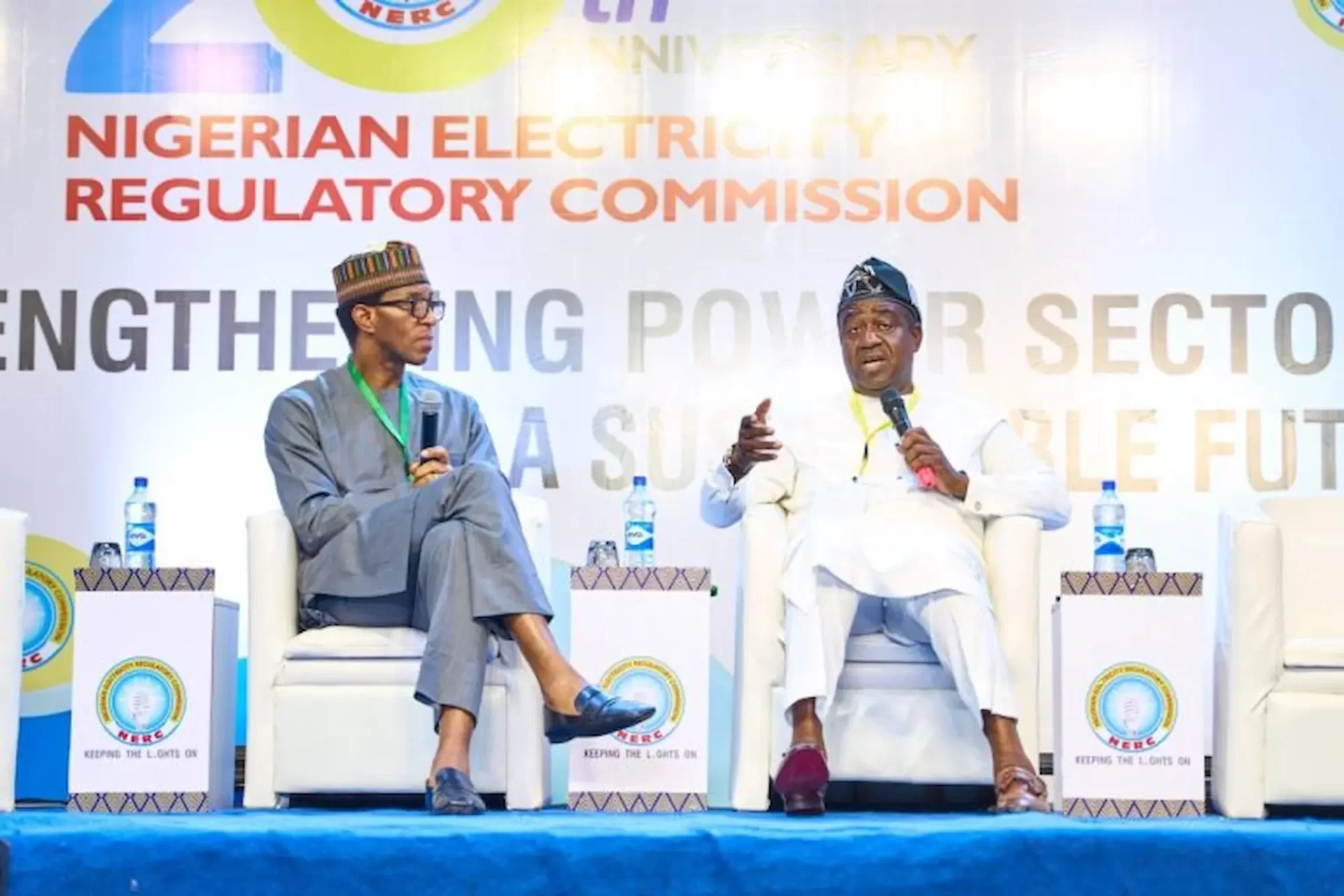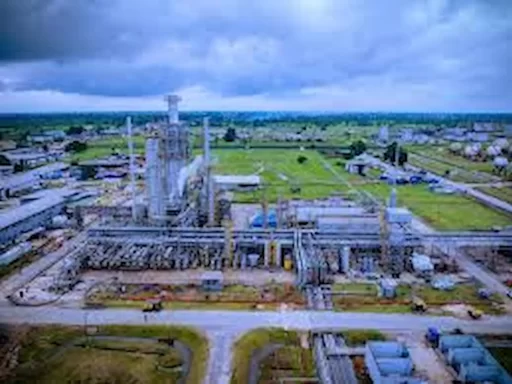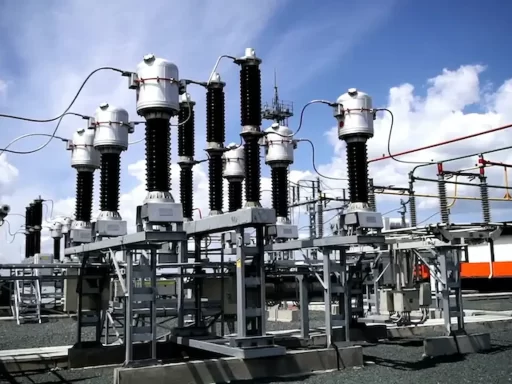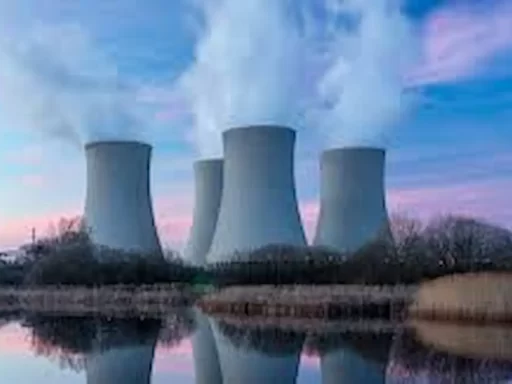Nigeria’s Power Sector Still Hostage to Gas Market Distortions — Experts
Despite two decades of regulatory evolution under the Nigerian Electricity Regulatory Commission (NERC), Nigeria’s power sector remains shackled by distortions in gas pricing and supply a challenge that continues to frustrate generation targets and deter investment, industry leaders warned during NERC’s 20th anniversary event.
Gas Pricing and Policy Misalignment
Former Chairman of the Senate Committee on Power, Senator Gabriel Suswam, said Nigeria’s erratic gas pricing framework is one of the biggest barriers to stable electricity generation. He contrasted domestic pricing instability with neighbouring markets.
“The same gas pipeline that takes power to plants in Ogun also extends to Ghana; yet Ghana enjoys more stable pricing because its citizens are willing to pay the right price,” Suswam said.
Suswam argued that the nation’s approach is uncoordinated and lacks proper alignment between the gas and power sectors, calling for inter-ministerial synergy between the Ministries of Power and Petroleum Resources.
Macroeconomic Headwinds
Suswam flagged broader macroeconomic factors including exchange-rate volatility, forex scarcity, and subsidy management as additional drivers that shape the cost of energy production. “Until we align fiscal, monetary, and energy policies, we will keep repeating the same cycle of inefficiency,” he remarked.
Institutional and Regulatory Challenges
Former NERC Chairman Dr. Sam Amadi echoed these concerns, noting that while NERC has built strong regulatory capacity, institutional silos and weak coordination across agencies prevent regulation alone from solving systemic market problems.
“Regulation alone cannot fix the energy market without alignment across agencies and ministries.”
Amadi commended NERC’s human-capacity efforts, pointing out the Commission’s success in developing regulatory expertise.
Transparency and Utility Opacity
Pioneer NERC Chairman Dr. Ransome Owan praised the Commission’s transparency but warned that opacity within utilities creates information asymmetry that must be addressed.
“This asymmetry of what utilities have and what NERC has needs to be dissolved.”
Why Gas Reforms Matter
With over 80% of Nigeria’s generation capacity reliant on gas-fired thermal plants, inconsistent gas pricing leads to frequent generation drops, stranded capacity, and mounting debts across the sector. These challenges undermine industrial growth and erode investor confidence.
Recommendations and the Way Forward
- Adopt a unified gas-to-power policy framework that aligns pricing, supply security, and fiscal policy.
- Strengthen inter-ministerial coordination between the Ministries of Power and Petroleum Resources.
- Improve transparency across utilities to reduce information asymmetry and boost market confidence.
- Coordinate macroeconomic, fiscal and energy policies to address forex and subsidy impacts on power costs.
As NERC celebrates 20 years, stakeholders agree that the next phase of reform must prioritise a coherent gas-to-power framework that balances economic realities with social impact a necessary step to unlocking Nigeria’s long-term energy potential.


